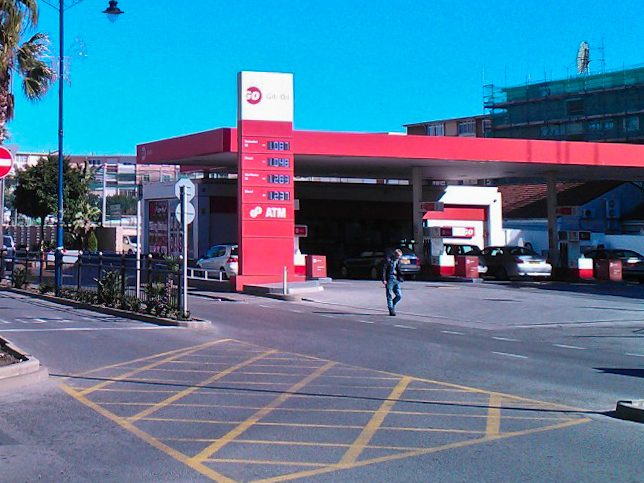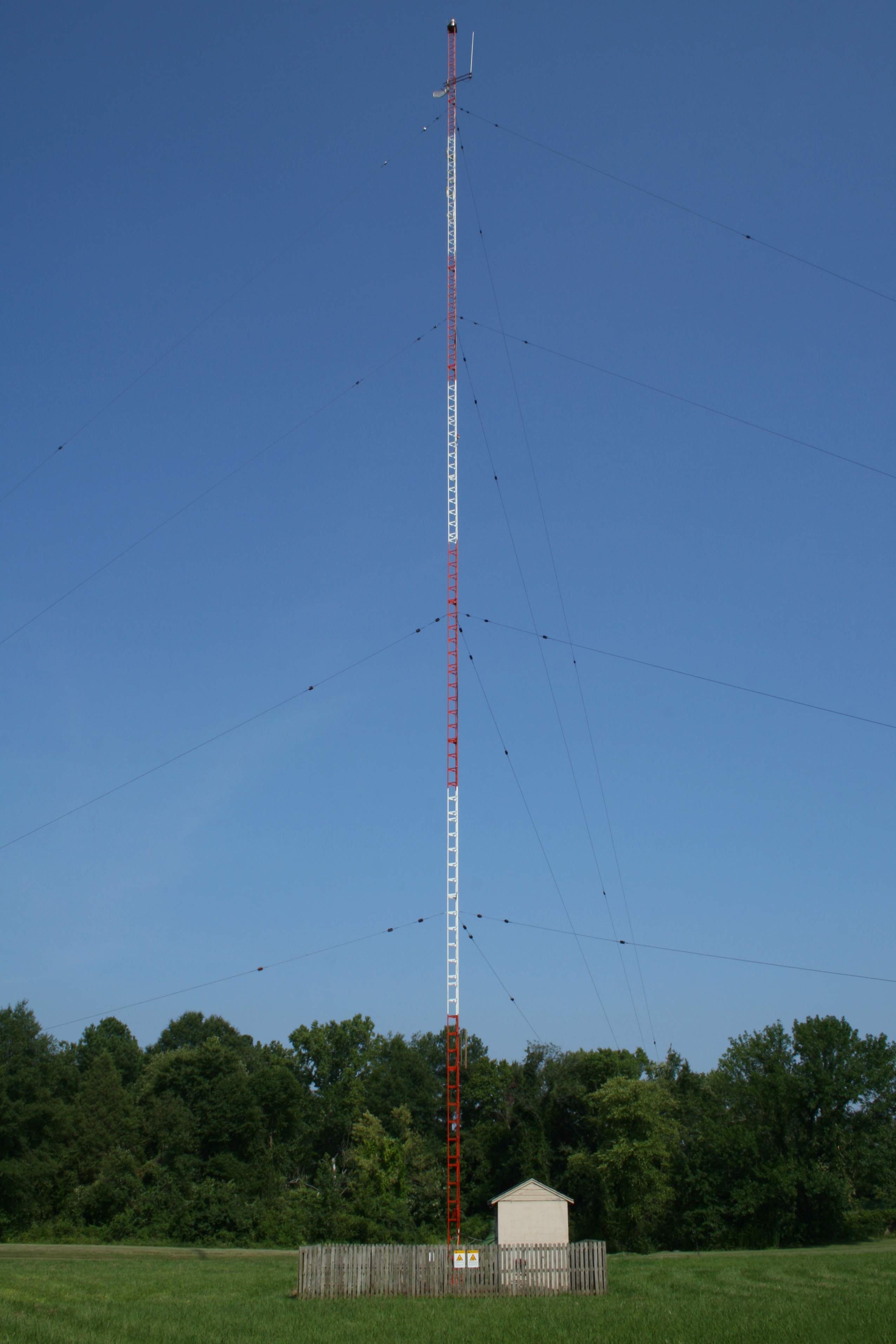|
Broadcasting Act 1990
The Broadcasting Act 1990 is a law of the British parliament, initiated in part due to a 1989 European Council Directive (89/552), also known as the Television Without Frontiers directive. The aim of the Act was to liberalise and deregulate the British broadcasting industry by promoting competition; ITV, in particular, had earlier been described by Margaret Thatcher as "the last bastion of restrictive practices". The act came about after the finding from the Peacock Committee. It led directly to the abolition of the Independent Broadcasting Authority and its replacement with the Independent Television Commission and Radio Authority (both themselves now replaced by Ofcom), which were given the remit of regulating with a "lighter touch" and did not have such strong powers as the IBA; some referred to this as "deregulation". The ITC also began regulating non-terrestrial channels, whereas the IBA had only regulated ITV, Channel 4 and British Satellite Broadcasting; the ITC thus ... [...More Info...] [...Related Items...] OR: [Wikipedia] [Google] [Baidu] |
Parliament Of The United Kingdom
The Parliament of the United Kingdom is the Parliamentary sovereignty in the United Kingdom, supreme Legislature, legislative body of the United Kingdom, the Crown Dependencies and the British Overseas Territories. It meets at the Palace of Westminster, London. It alone possesses Parliamentary sovereignty, legislative supremacy and thereby ultimate power over all other political bodies in the UK and the overseas territories. Parliament is Bicameralism, bicameral but has three parts, consisting of the Monarchy of the United Kingdom, sovereign (King-in-Parliament), the House of Lords, and the House of Commons of the United Kingdom, House of Commons (the Parliament Acts 1911 and 1949, primary chamber). In theory, power is officially vested in the Queen-in-Parliament, King-in-Parliament. However, the Crown normally acts on the Advice (constitutional), advice of the prime minister, and the powers of the House of Lords are limited to only delaying legislation; thus power is ''de facto ... [...More Info...] [...Related Items...] OR: [Wikipedia] [Google] [Baidu] |
Death On The Rock
"Death on the Rock" was a British television documentary, part of Thames Television's current affairs series '' This Week''. It was broadcast in 1988. The programme examined the deaths of three Provisional Irish Republican Army (IRA) members in Gibraltar in March 1988 at the hands of the British Special Air Service (codenamed " Operation Flavius"). "Death on the Rock" presented evidence that the IRA members were shot without warning or with their hands up. It was condemned by the British government and denounced in the press as sensationalist. After one of its witnesses retracted his statement, "Death on the Rock" became the first individual documentary to be the subject of an independent inquiry, in which it was largely vindicated. ''This Week'' began investigating the shootings after it emerged that IRA members were not armed or in possession of a bomb as initially reported. The documentary was broadcast on ITV on 28 April 1988, despite two attempts by the government to have ... [...More Info...] [...Related Items...] OR: [Wikipedia] [Google] [Baidu] |
Douglas Hurd
Douglas Richard Hurd, Baron Hurd of Westwell, (born 8 March 1930) is a British Conservative Party politician who served in the governments of Margaret Thatcher and John Major from 1979 to 1995. A career diplomat and political secretary to Prime Minister Edward Heath, Hurd first entered Parliament in February 1974 as MP for the Mid Oxfordshire constituency (Witney from 1983). His first government post was as Minister for Europe from 1979 to 1983 (being that office's inaugural holder) and he served in several Cabinet roles from 1984 onwards, including Secretary of State for Northern Ireland (1984–85), Home Secretary (1985–89) and Foreign Secretary (1989–95). He stood unsuccessfully for the Conservative Party leadership in 1990, and retired from frontline politics during a Cabinet reshuffle in 1995. In 1997, Hurd was elevated to the House of Lords and is one of the Conservative Party's most senior elder statesmen. He is a patron of the Tory Reform Group. He retir ... [...More Info...] [...Related Items...] OR: [Wikipedia] [Google] [Baidu] |
Americanisation
Americanization or Americanisation (see spelling differences) is the influence of American culture and business on other countries outside the United States of America, including their media, cuisine, business practices, popular culture, technology or political techniques. Some observers have described Americanization as synonymous with progress and innovation. However, it is also used as a pejorative term by critics who oppose American influences. Hollywood, the American film and television industry, has since the 1920s dominated most of the world's media markets. It is the chief medium by which people across the globe see American fashions, customs, scenery, and way of life. The top 50 highest-grossing films of all time were all made entirely or partially in the United States. Coca-Cola, previously the top global company by revenue, is often viewed as a symbol of Americanization, giving rise to the term "Coca-Cola diplomacy" for anything emblematic of US soft power. Fast ... [...More Info...] [...Related Items...] OR: [Wikipedia] [Google] [Baidu] |
Conservative Party (UK)
The Conservative Party, officially the Conservative and Unionist Party and also known colloquially as the Tories, is one of the Two-party system, two main political parties in the United Kingdom, along with the Labour Party (UK), Labour Party. It is the current Government of the United Kingdom, governing party, having won the 2019 United Kingdom general election, 2019 general election. It has been the primary governing party in Britain since 2010. The party is on the Centre-right politics, centre-right of the political spectrum, and encompasses various ideological #Party factions, factions including One-nation conservatism, one-nation conservatives, Thatcherism, Thatcherites, and traditionalist conservatism, traditionalist conservatives. The party currently has 356 Member of Parliament (United Kingdom), Members of Parliament, 264 members of the House of Lords, 9 members of the London Assembly, 31 members of the Scottish Parliament, 16 members of the Senedd, Welsh Parliament, 2 D ... [...More Info...] [...Related Items...] OR: [Wikipedia] [Google] [Baidu] |
Labour Party (UK)
The Labour Party is a List of political parties in the United Kingdom, political party in the United Kingdom that has been described as an alliance of Social democracy, social democrats, Democratic socialism, democratic socialists and trade unionists. The Labour Party sits on the Centre-left politics, centre-left of the political spectrum. In all general elections since 1922 United Kingdom general election, 1922, Labour has been either the governing party or the Her Majesty's Most Loyal Opposition (United Kingdom), Official Opposition. There have been six Labour List of prime ministers of the United Kingdom, prime ministers and thirteen Labour Cabinet of the United Kingdom, ministries. The party holds the annual Labour Party Conference, at which party policy is formulated. The party was founded in 1900, having grown out of the Labour movement, trade union movement and History of the socialist movement in the United Kingdom, socialist List of political parties in the United Kin ... [...More Info...] [...Related Items...] OR: [Wikipedia] [Google] [Baidu] |
Community Radio
Community radio is a radio service offering a third model of radio broadcasting in addition to commercial and public broadcasting. Community stations serve geographic communities and communities of interest. They broadcast content that is popular and relevant to a local, specific audience but is often overlooked by commercial (or) mass-media broadcasters. Community radio stations are operated, owned, and influenced by the communities they serve. They are generally nonprofit and provide a mechanism for enabling individuals, groups, and communities to tell their own stories, to share experiences and, in a media-rich world, to become creators and contributors of media. In many parts of the world, community radio acts as a vehicle for the community and voluntary sector, civil society, agencies, NGOs and citizens to work in partnership to further community development aims, in addition to broadcasting. There is legally defined community radio (as a distinct broadcasting sector) i ... [...More Info...] [...Related Items...] OR: [Wikipedia] [Google] [Baidu] |
Independent Local Radio
Independent Local Radio is the collective name given to commercial radio stations in the United Kingdom. As a result of the buyouts and mergers permitted by the Broadcasting Act 1990, and deregulation resulting from the Communications Act 2003, most commercial stations are now neither independent (although they remain independent from the BBC) nor local. The same name is used for Independent Local Radio in Ireland. History Development of ILR Until the early 1970s, the BBC had a legal monopoly on radio broadcasting in the UK. Despite competition from the commercial Radio Luxembourg and, for a period in the mid-1960s, the off-shore "pirate" broadcasters, it had remained the policy of both major political parties that radio was to remain under the BBC. Upon the election of Edward Heath's government in 1970, this policy changed. It is possible that Heath's victory was partly due to younger voters upset by the UK government closing down the popular pirate radio stations. [...More Info...] [...Related Items...] OR: [Wikipedia] [Google] [Baidu] |
FM Radio
FM broadcasting is a method of radio broadcasting using frequency modulation (FM). Invented in 1933 by American engineer Edwin Armstrong, wide-band FM is used worldwide to provide high fidelity sound over broadcast radio. FM broadcasting is capable of higher fidelity—that is, more accurate reproduction of the original program sound—than other broadcasting technologies, such as AM broadcasting. It is also less susceptible to common forms of interference, reducing static and popping sounds often heard on AM. Therefore, FM is used for most broadcasts of music or general audio (in the audio spectrum). FM radio stations use the very high frequency range of radio frequencies. Broadcast bands Throughout the world, the FM broadcast band falls within the VHF part of the radio spectrum. Usually 87.5 to 108.0 MHz is used, or some portion thereof, with few exceptions: * In the former Soviet republics, and some former Eastern Bloc countries, the older 65.8–74 M ... [...More Info...] [...Related Items...] OR: [Wikipedia] [Google] [Baidu] |
Medium Wave
Medium wave (MW) is the part of the medium frequency (MF) radio band used mainly for AM radio broadcasting. The spectrum provides about 120 channels with more limited sound quality than FM stations on the FM broadcast band. During the daytime, reception is usually limited to more local stations, though this is dependent on the signal conditions and quality of radio receiver used. Improved signal propagation at night allows the reception of much longer distance signals (within a range of about 2,000 km or 1,200 miles). This can cause increased interference because on most channels multiple transmitters operate simultaneously worldwide. In addition, amplitude modulation (AM) is often more prone to interference by various electronic devices, especially power supplies and computers. Strong transmitters cover larger areas than on the FM broadcast band but require more energy and longer antennas. Digital modes are possible but have not reached momentum yet. MW was the main radi ... [...More Info...] [...Related Items...] OR: [Wikipedia] [Google] [Baidu] |
Independent National Radio
Independent National Radio is the official term for the three national commercial radio stations currently or previously broadcasting on analogue radio in the United Kingdom. The two stations currently or previously broadcasting on AM were allocated frequencies previously used by BBC Radio 3 (to be used by INR2) and BBC Radio 1 (to be used by INR3). Background The stations came about following the Broadcasting Act 1990 which allowed for the launch of independent national radio (INR) stations in the United Kingdom. The Radio Authority was mandated to award three INR licences. The FM licence (INR1) had to be for a 'non-pop' station and one (INR3) had to be for a predominantly speech-based service. The remaining licence (INR2) was to be open to 'all-comers'. The licences were to be awarded to the highest cash bidder, providing that the applicant met criteria set down in the Broadcasting Act. INR stations on air * Classic FM (INR1) - 99.9 to 101.9 MHz, first air date 7 Septembe ... [...More Info...] [...Related Items...] OR: [Wikipedia] [Google] [Baidu] |
ITV Plc
ITV plc is a British media company that holds 13 of the 15 regional television licences that make up the ITV network (Channel 3), the oldest and largest commercial terrestrial television network in the United Kingdom. ITV plc is listed on the London Stock Exchange and is a constituent of the FTSE 250 Index. History Pre-merger ITV plc was the result of a merger between Granada and Carlton following the various mergers between the companies of the ITV network that had taken place from 1993 when the ownership rules were relaxed. The first wave of mergers began with Yorkshire Television acquiring Tyne Tees Television in 1992, forming a parent group called Yorkshire-Tyne Tees Television Holdings.An Overview of Television in the UK Ofcom, 2002 In 1994, [...More Info...] [...Related Items...] OR: [Wikipedia] [Google] [Baidu] |


_Ribbon.png)



